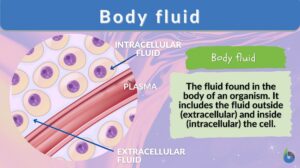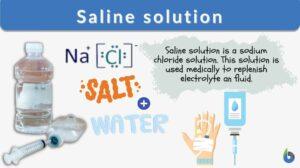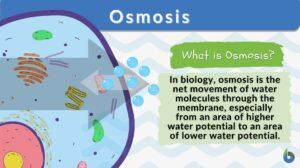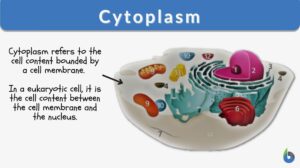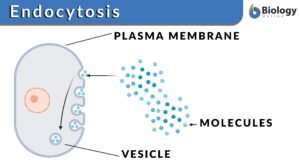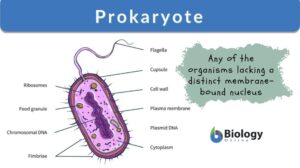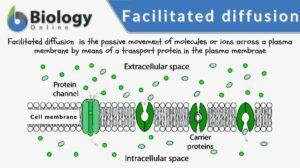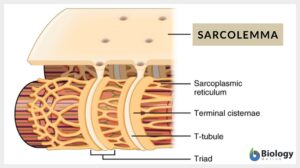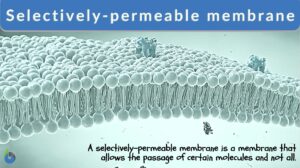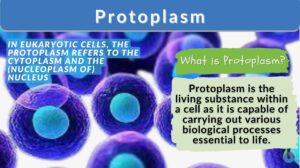Search Results for: intracellular fluid
Body fluid
Body Fluids Definition What is body fluid? Literally, body fluid is the fluid of the body. The adult human body is ~50-60%... Read More
Intracellular fluid
Definition noun The body fluid within the cell composed mainly of water dissolved ions, and other molecules Supplement The... Read More
Extracellular fluid
Definition noun The body fluid outside the cell composed of blood plasma, interstitial fluid, lymph and transcellular... Read More
Hyperosmotic
Hyperosmotic Definition What is hyperosmotic? The word hyperosmotic is derived from two Greek words: 'hyper', meaning... Read More
Saline solution
Saline Solution Definition Saline solution is one the most medically-used solution, which contains sodium chloride... Read More
Turgor pressure
In biology, turgor pressure pertains to the pressure that is exerted by the fluid (e.g. water) against the cell wall. It is... Read More
Intracellular
Definition adjective Occurring or being (situated) inside a cell or cells. Supplement For example, intracellular fluid... Read More
Extracellular
Definition adjective Occurring or being (situated) outside the cell or cells. Supplement For example, extracellular fluid is... Read More
Cell Structure
The interior of human cells is divided into the nucleus and the cytoplasm. The nucleus is a spherical or oval-shaped... Read More
Homeostasis
Homeostasis is the tendency not to stray from the range of favorable or ideal internal conditions. Such conditions must be... Read More
Cell adhesion
Cell Adhesion Definition Cell adhesion is the process in which a cell uses a specialized complex of proteins to get... Read More
Concentration gradient
What is a concentration gradient? A gradient is a measure of how steep a slope is. Thus, a concentration gradient would be... Read More
Plasma membrane
Do all cells have a plasma (or cell) membrane? Yes, all cells have a biological membrane that separates the protoplasm from... Read More
Endomembrane system
Ever wondered how biomolecules are made within the cell and then they are released outside the cell for use by the body?... Read More
Movement of Molecules Across Cell Membranes
Diffusion Diffusion is essentially the movement of molecules from a region of higher concentration to a region of lower... Read More
Cell membrane
Cell Membrane Definition Just like any non-living body possesses a plastic or paper packaging material that keeps the... Read More
Endocytosis
Endocytosis Definition What is endocytosis in biology? Endocytosis is a cellular process by which a cell internalizes any... Read More
Prokaryote
Prokaryote refers to any of the group of living organisms primarily characterized by the lack of a true nucleus and other... Read More
Generation of resting membrane potential
Stephen H. WrightDepartment of Physiology, College of Medicine, University of Arizona, Tucson, Arizona 85724... Read More
Neural Control Mechanisms
Nerve cells called neurons generate electric signals that pass from one end of the cell to another and release chemical... Read More
Facilitated diffusion
Facilitated diffusion is the transport of substances across a biological membrane from an area of higher concentration to an... Read More
Cell matrix
Definition noun plural: cell matrices cell ma·trix, ˈmeɪtɹɪks An insoluble, dynamic gel in the cytoplasm, believed... Read More
Animal cell
An animal cell is the fundamental functional unit of life of animals. It is also the basic unit of reproduction. Animal... Read More
Sarcolemma
Sarcolemma Definition What is the sarcolemma? It is the thin, transparent, extensible plasma membrane of the muscle cell.... Read More
Selectively-permeable membrane
Selectively Permeable Membrane Definition We can define selectively permeable membranes as those that are selectively... Read More
Hypotonic solution
Hypotonic Solution Definition What is a hypotonic solution? It refers to a solution that contains a lower amount of solute... Read More
Hypertonic
Hypertonic Definition Hypertonic is a term used to describe an entity being in the state of hypertonicity, where there is a... Read More
Homeostatic Mechanisms and Cellular Communication
Homeostasis is the relatively stable conditions of the internal environment that result from compensatory regulatory... Read More
Extravascular fluid
Extravascular fluid All fluid outside the blood vessels, i.e., intracellular, interstitial, and transcellular fluid's; it... Read More
Protoplasm
Protoplasm Definition The protoplasm is regarded as "the living material or the living content of a cell". It is fluid... Read More
